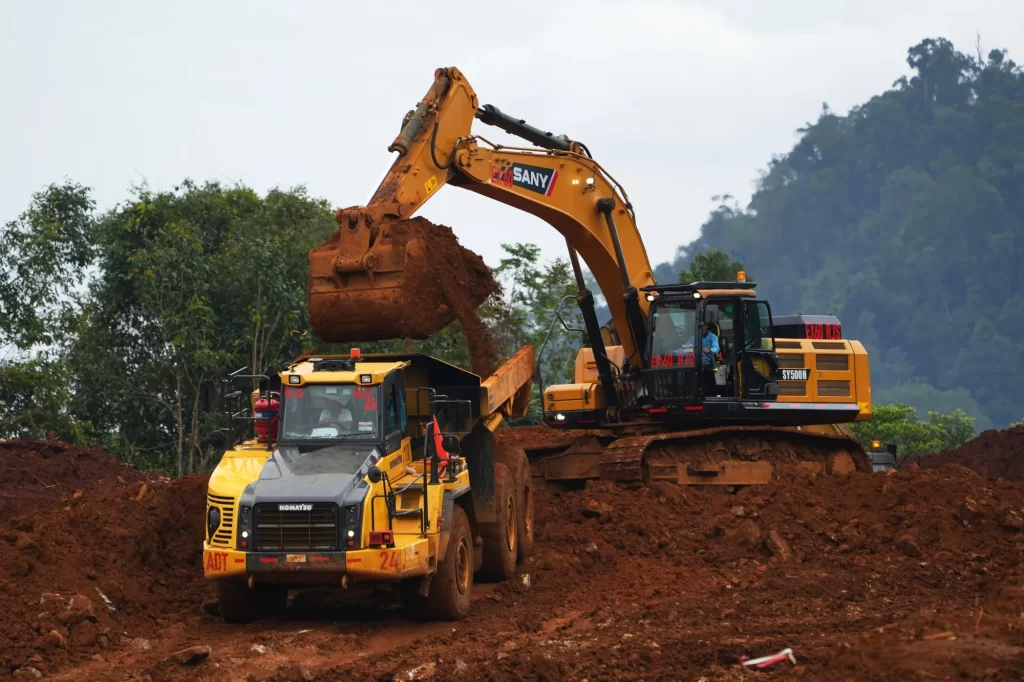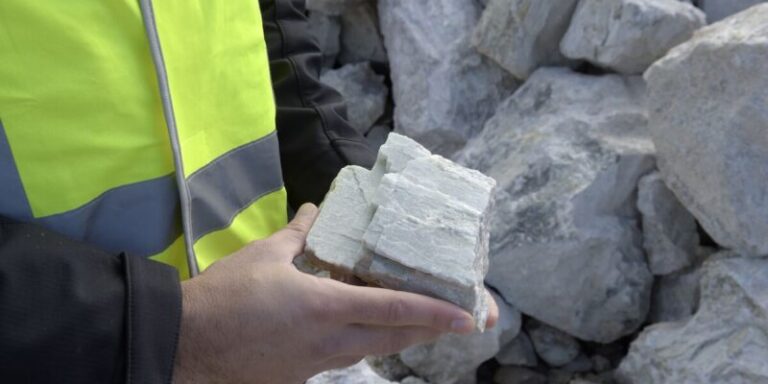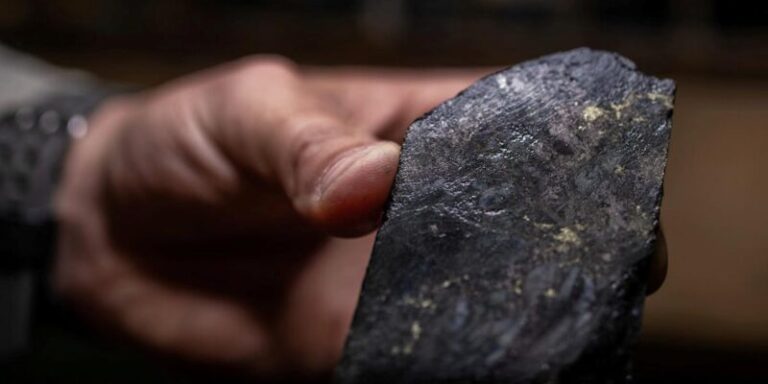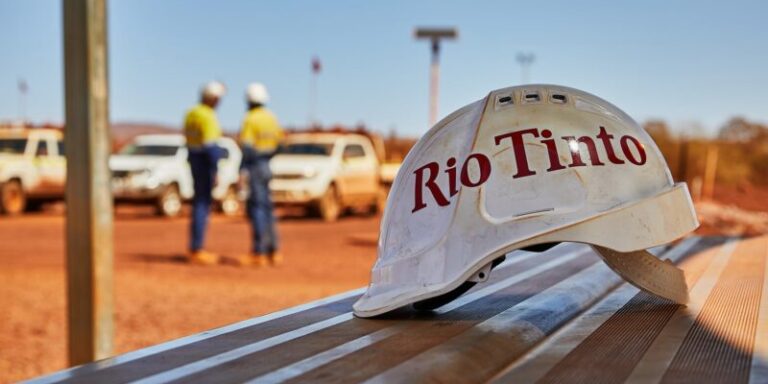
Indonesia is carefully managing its nickel ore production to balance supply and demand, according to Bahlil Lahadalia, the country’s Minister for Energy and Mineral Resources.
Speaking at a media briefing in Jakarta, Lahadalia emphasized the need to prevent oversupply, which could lead to price declines. “If demand is low and supply is abundant, prices will fall,” he explained.
Nickel smelters in Indonesia, responsible for over half of global nickel production, are facing ore shortages due to government licensing issues.
This shortage has forced many companies to import large quantities of ore from the Philippines, increasing the cost of securing the raw material.
Despite this, benchmark nickel prices on the London Metal Exchange have struggled to recover from multi-year lows in 2024, largely due to weak demand for stainless steel, the primary market for nickel. Optimism remains that economic stimulus from China could boost demand and help prices recover.
The ongoing licensing issues in Indonesia, known as RKABs, have been a challenge since the start of the year. French company Eramet, which operates one of the largest nickel mines in the country, reduced its external ore sales forecast by 29% after the government declined to approve a higher production quota.
Lahadalia highlighted the need to protect smaller miners by not granting full sales quotas to larger, foreign-owned mining companies.
“Most of the big ones are foreign-owned. If we give them full RKAB, where can the others sell their ore?” he noted.
He emphasized that smelters must also purchase ore from smaller miners who do not have processing plants, ensuring a fair distribution of market opportunities.








